“It is the nature of the earth to shift. It is the nature of fragile things to break. It is the nature of fire to burn.”
This observation is made by Sophie Whalen, the heroine of Susan Meissner’s latest novel, The Nature of Fragile Things, which comes out today. And here’s the thing I love about this book: Neither Sophie, an Irish immigrant and mail-order bride, nor the other key women in the story is as fragile or powerless as she might think. Even when faced with horrific circumstances, such as one of the most powerful earthquakes to ever hit the United States plus a deceitful man, these women persevere.
Meissner is known as a master of historical fiction. One of her previous novels, As Bright As Heaven, takes place during the Spanish Flu pandemic in 1918. Talk about relevant—and prescient! The Nature of Fragile Things is set during the San Francisco earthquake in 1906, so again there is a dramatic backdrop where normality is completely upended. Meissner recreates the disaster’s sights, sounds, smells, and sense of displacement.
But at its heart, this is a mystery unrelated to the earthquake, involving three women and a young girl who bond under the oddest of circumstances, when what they have in common could just as easily make them enemies. It is always uplifting to read books that truly understand the resilience of women, even women who lived and loved 100 years ago. In these days, when we’re trying our best to make it through a different kind of disaster, it’s helpful to remember what we’re capable of and why we won’t break.
I was happy to talk to Susan Meissner to mark the release of the novel. Here’s an edited transcript of our exchange.
Read More: Publishing a Debut Novel Later in Life: Here’s How One Woman Did It
How long have you been working on The Nature of Fragile Things?
I usually start thinking that about the next book I want to write while I’m still working on the one I’m writing. So it was about two years ago when I first started noodling on the idea of writing a book using the 1906 earthquake as a backdrop. I always do the research first and I didn’t start that until that book that I was writing was finished, which would have been The Last Year of the War. Then it’s about a four- to five-month deep dive into the research before I write one word. I had a couple of false starts with this one so I had to begin it three times, but as they say, the third time’s a charm. When I landed on Sophie, Martin, Kat, and the rest, I knew I had dialed in to the book that was meant to be written.
What kind of research did you have to do—about the earthquake, for example?
Protection of the innocent is often the kind of thing women who barely know each other will unite to do.
There have been some great books written about the earthquake, one of the most in-depth being A Crack in the Edge of the World by Simon Winchester. The San Francisco Public Library has an amazing research history center on the second floor, and I was able to read a great deal of historical documents that pertained to fateful day. There are also several collections of historic photographs available digitally through the Library of Congress and the National Archives. There were other books besides Mr. Winchester’s that helped me get into the time and place. One book in particular called is called Three Fearful Days: San Francisco Memoirs of the 1906 Earthquake & Fire, which is a compilation of firsthand accounts by eyewitnesses. That book was probably the most helpful.
It seems that this book could have been written in any time period. Why did you decide to set the story during the San Francisco earthquake?
This historic and cataclysmic event seemed a fitting backdrop to explore the idea that we spend our lives building—careers, family, an identity, wealth—and there’s only so much we can do to protect what we construct. What happens to us then when we are forced to go through catastrophic loss? How are we transformed by our responses to it? With this setting in mind and these general musings as the controlling thoughts, I was motivated to write a story that featured a trio of women who, against formidable opposition, would rally together to protect who and what they love. Even though they face tough circumstances that challenge their courage and stamina, they would not be completely crushed by them.
I love that it’s a mystery, plus a gorgeous take on female friendship. How did you weave together such different aspects?
It is always uplifting to read books that truly understand the resilience of women, even women who lived and loved 100 years ago.
The how of writing is always a difficult question for me to answer! I’m not always sure how I pull off something, to be honest. With the mystery thread, it was important to me that it be believable and I suppose I approached it differently than how I wove together the threads of friendship. I am a huge fan of Louise Penny’s mysteries, and my hope is her approach rubbed off on me.
As for the friendships that Sophie makes in the book, I knew that each character I created had to seem to the reader to be a real person with real strengths and weaknesses, real flaws and virtues, and that these women had to rally around one common and relatable goal. Theirs had to be a strong bond that could withstand strong opposition. Protection of the innocent is often the kind of thing women who barely know each other will unite to do. So I utilized that notion.
What would you like readers to feel when they finish the book?
I’d feel like I had done some literary good if readers of The Nature of Fragile Things took a moment after they’ve read the last page to consider the constructs of their own lives and what they are building. We don’t often contemplate the notion that everything can be taken from us in an instant, but if it should happen, it’s comforting to know that no disaster can take the love you have for the people you care about. Even if someone you care about deeply is taken from you in this fragile life, you get to keep all the love that you have for him or her. It’s yours to keep. That’s a wonderful truth to hold onto.
Read More: My Book Club, My Self: How Novels and a Group of Readers Got Me Through 25 Years

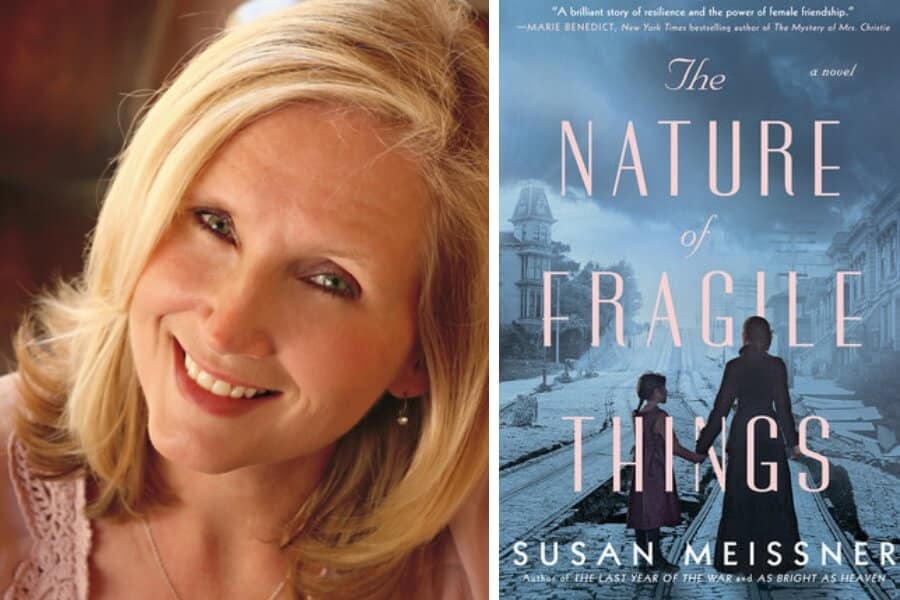
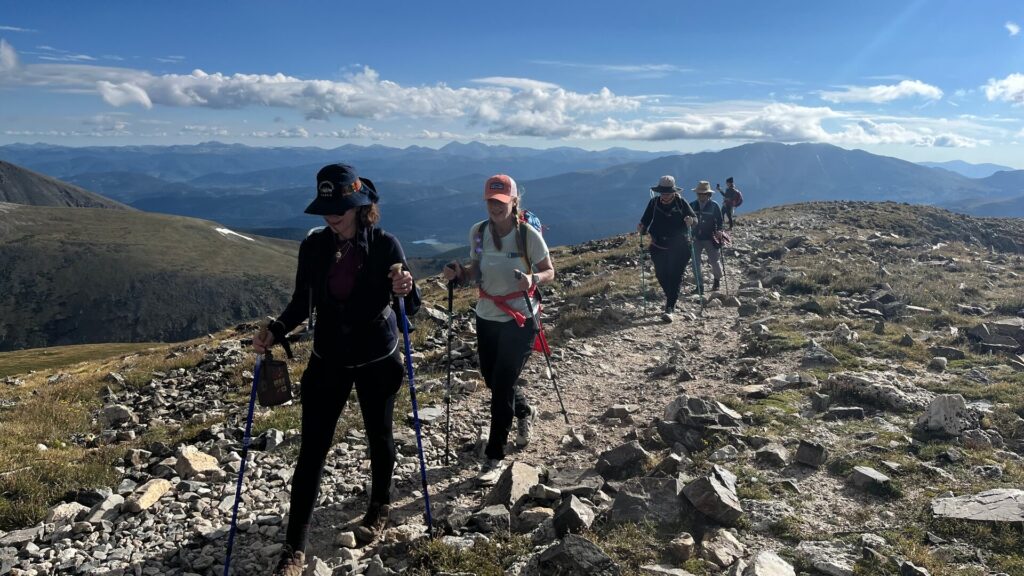



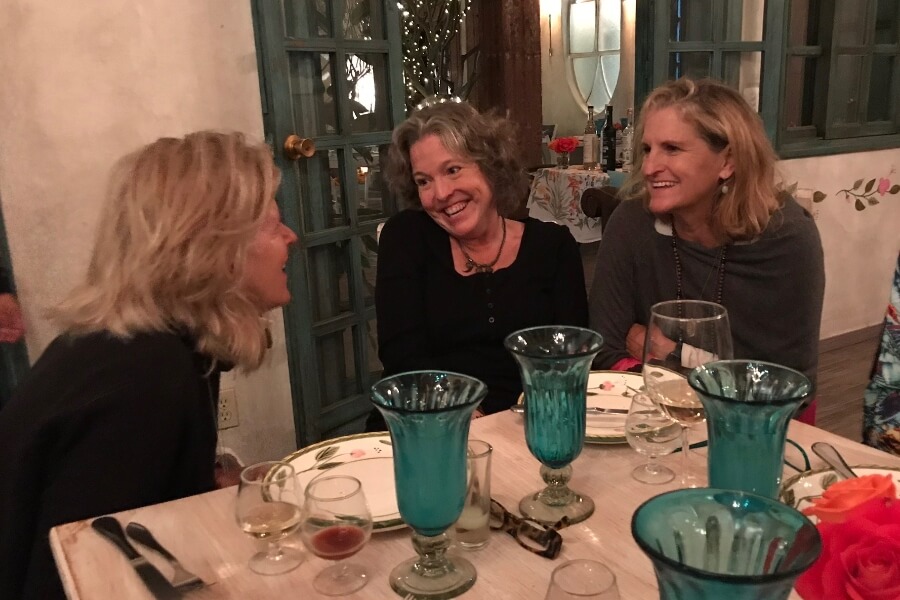

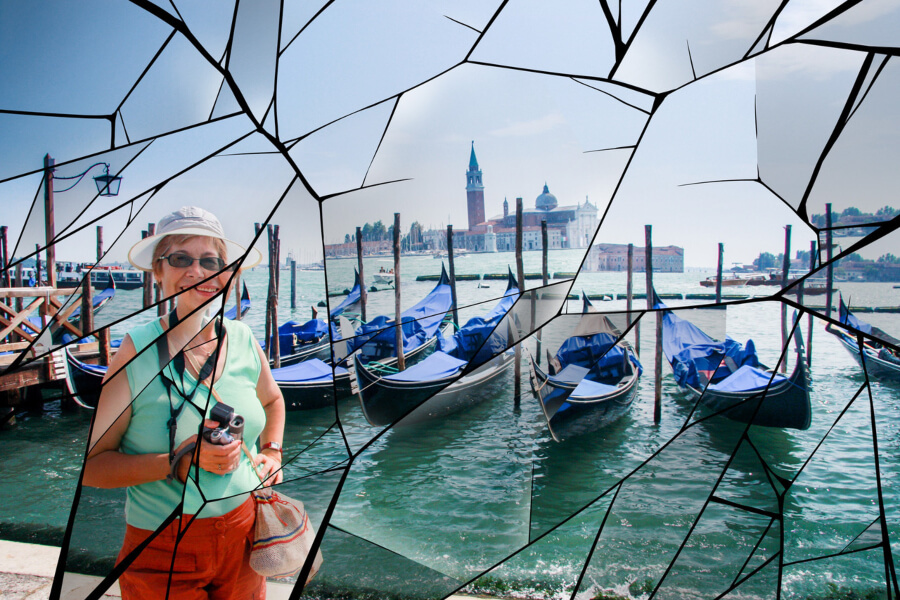
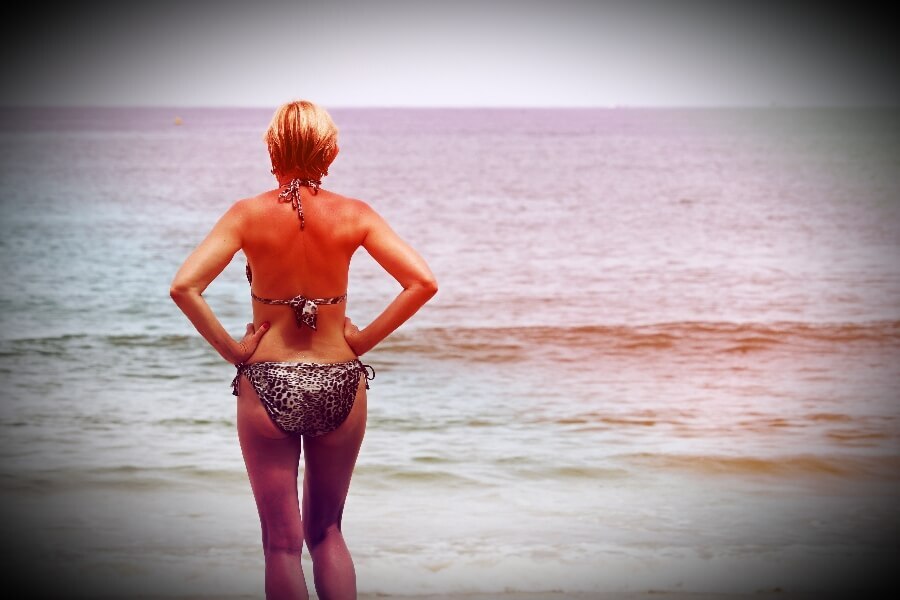
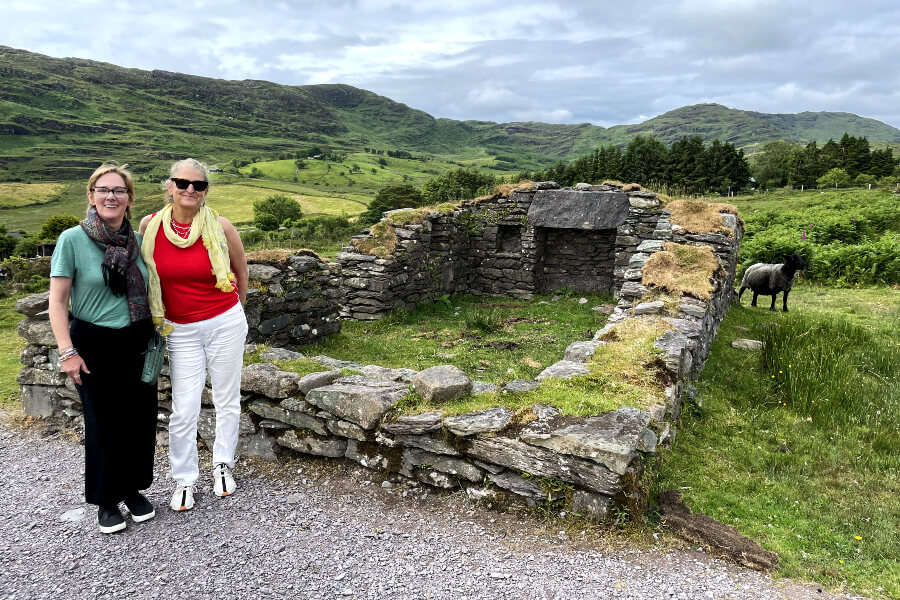
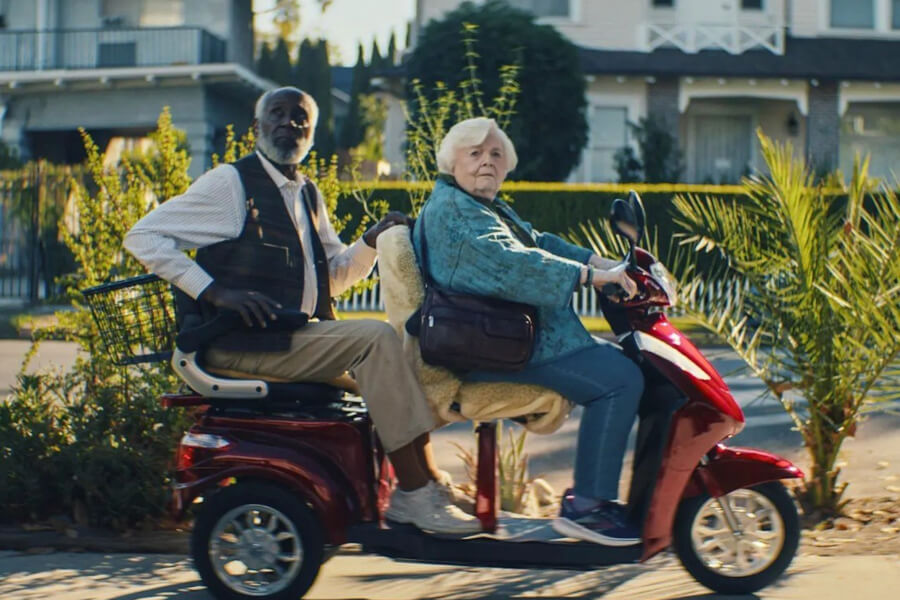
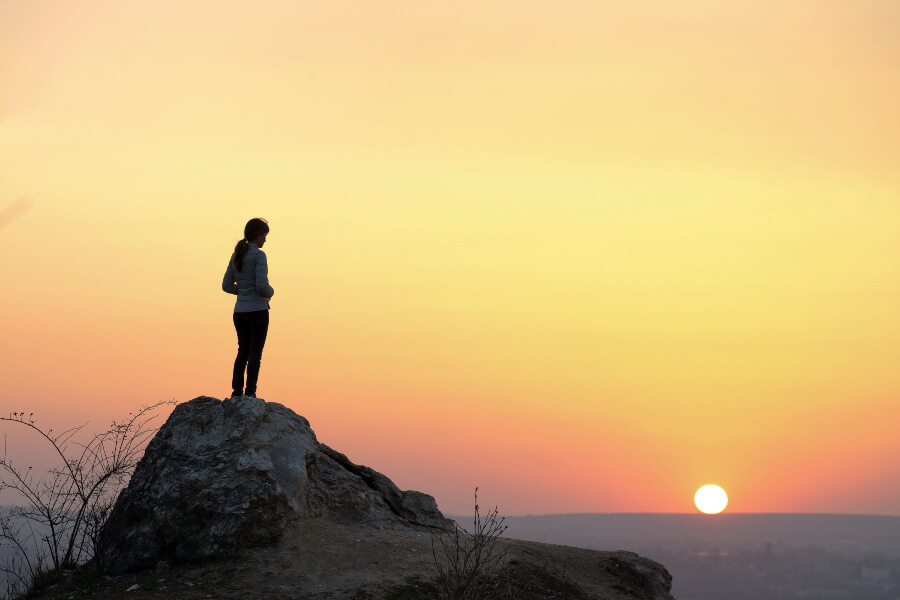
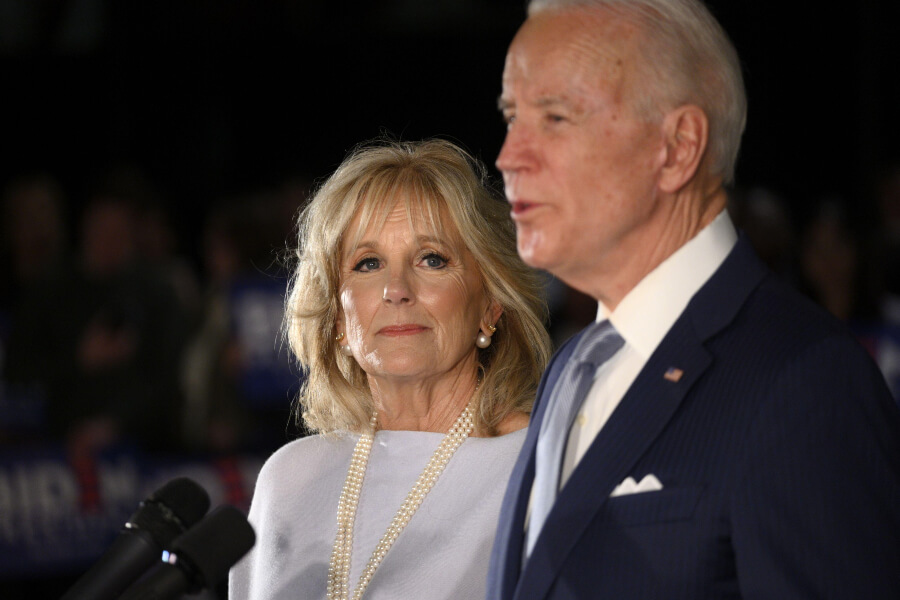

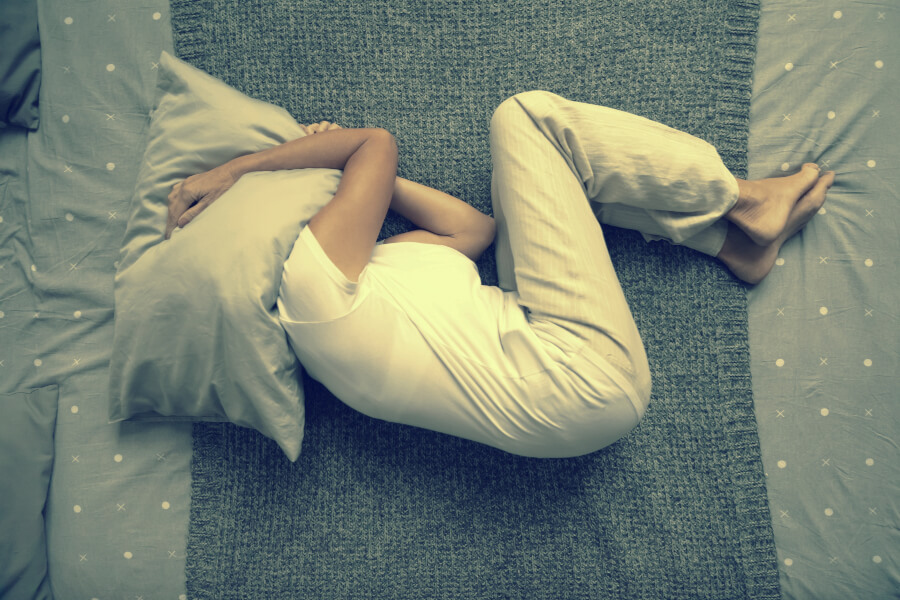
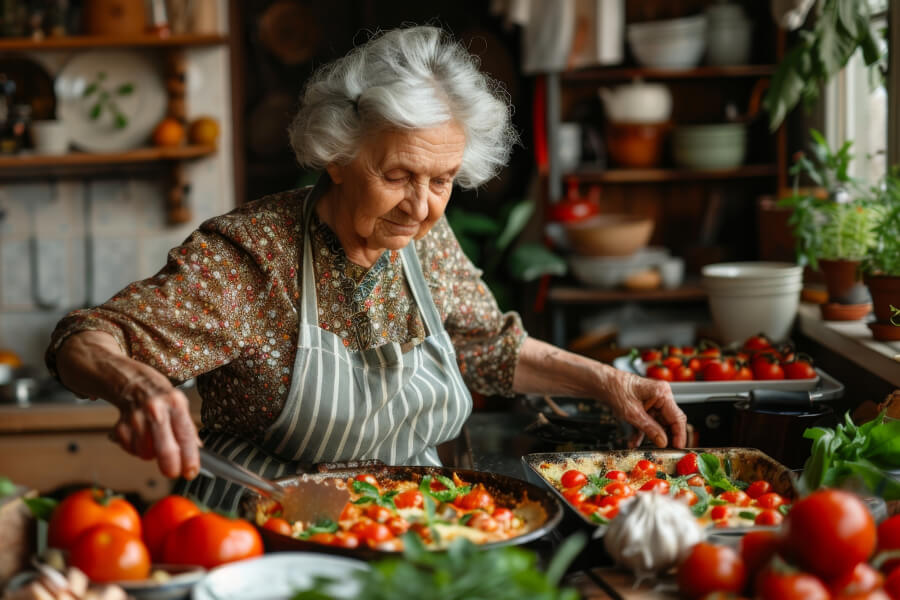




0 Comments